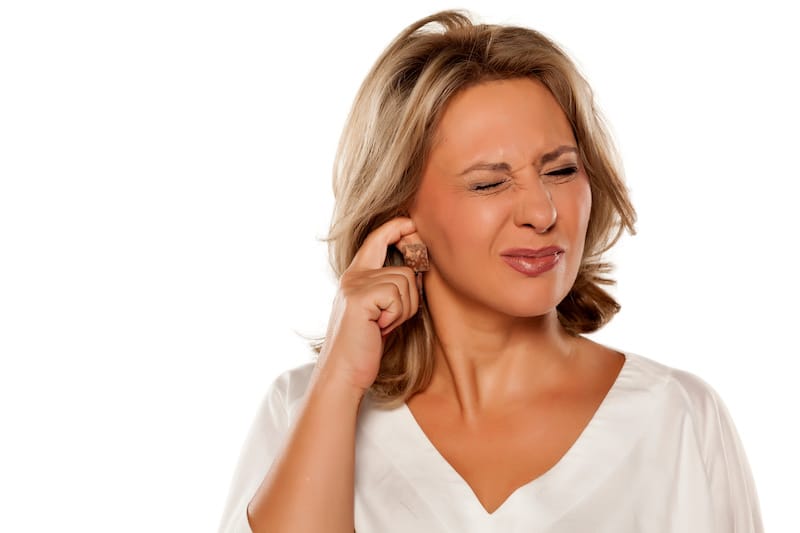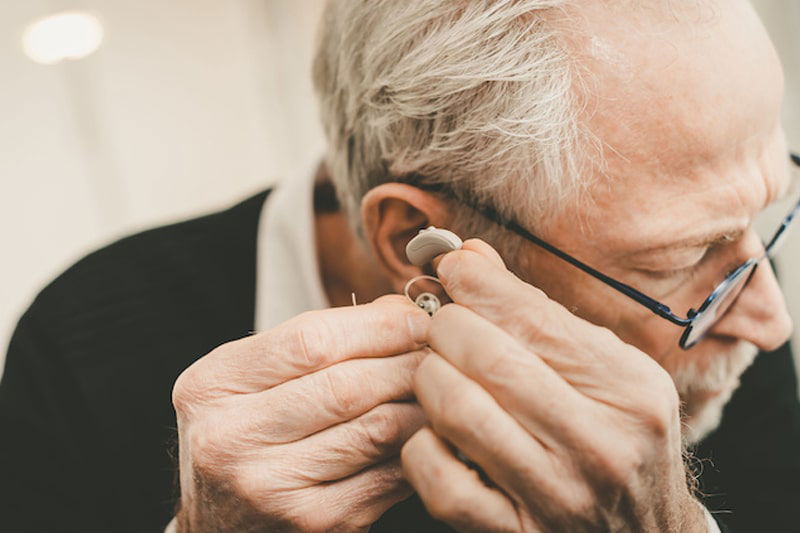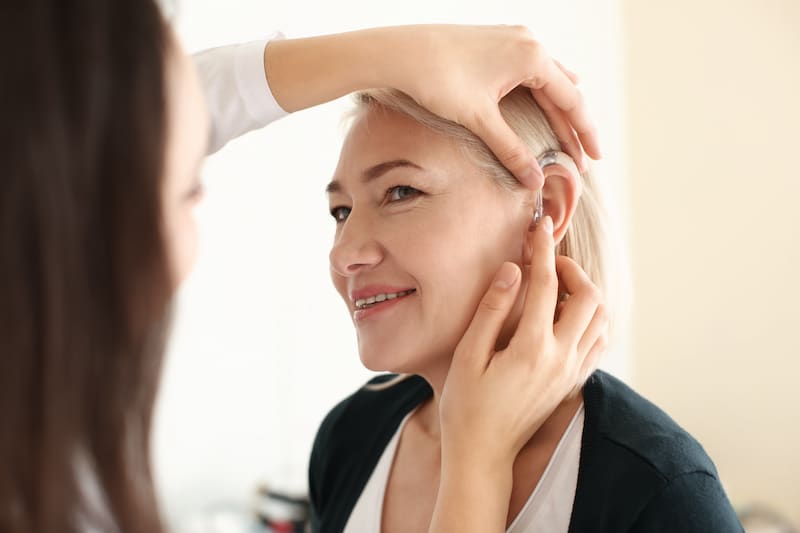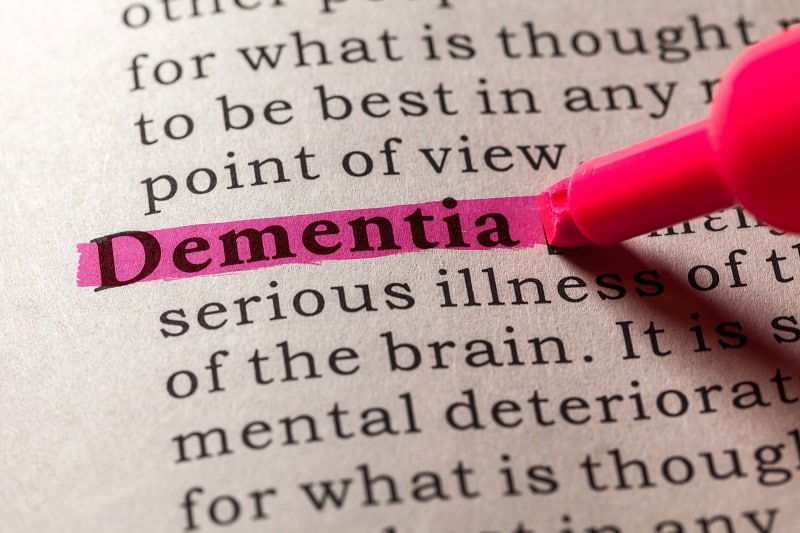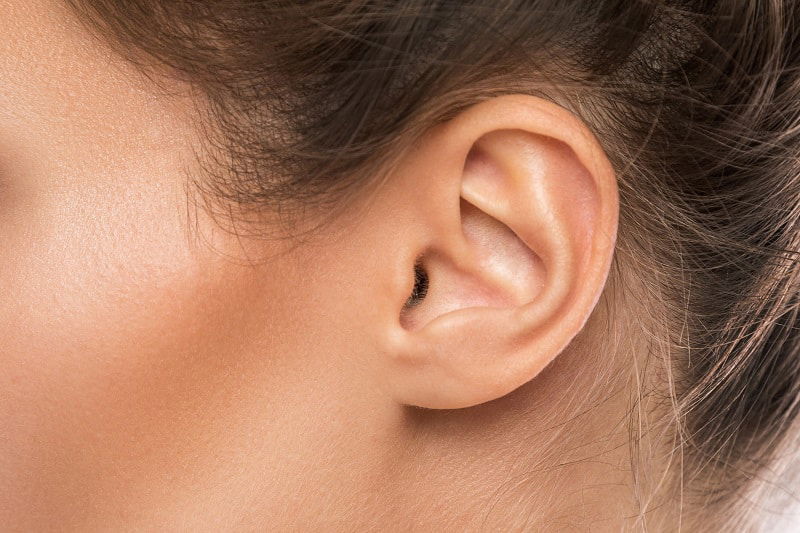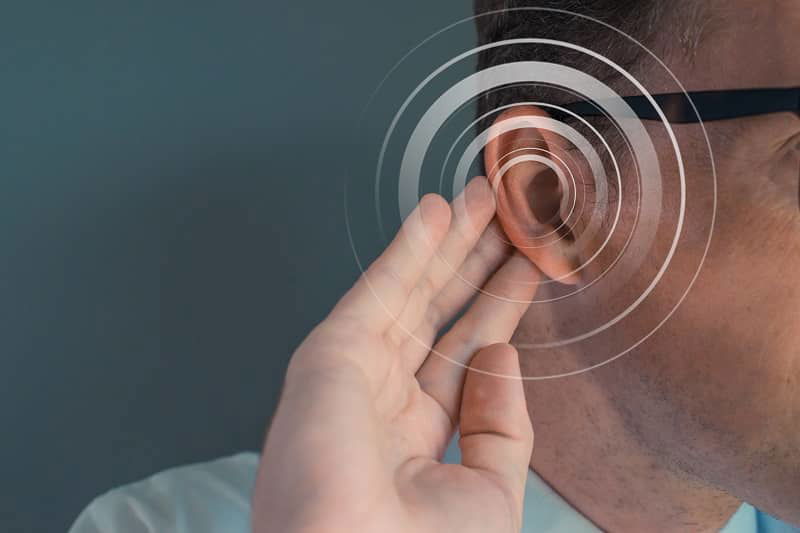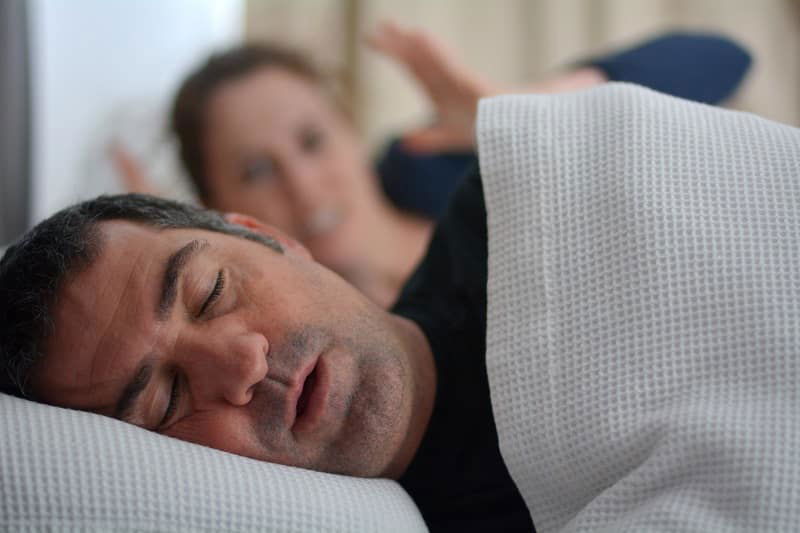Ear wax, also known as cerumen, is a substance that is naturally produced by the ear. It is a mixture of sweat, dead skin cells, and secretions from glands in the ear canal. Ear wax is usually harmless and serves an essential purpose in protecting the ear from infection and damage. However, sometimes excessive ear… Continue reading Everything You Need to Know about Ear Wax
Category: myhearingpartners
Why do my hearing aids whistle?
Hearing aids are a marvel of modern technology. They can help you hear sounds that you might not have been able to hear on your own for years. However, for all of their benefits, hearing aids are not without their annoyances and frustrations. One common issue experienced by many hearing aids users is feedback, which… Continue reading Why do my hearing aids whistle?
How long does it take to adjust to new hearing aids?
If you are a new hearing aid wearer or if you are considering getting hearing aids, you might be wondering how long it takes to adjust to new hearing aids. At first, it might seem like there would be no adjustment period. However, for most people, there is a noticeable adjustment period of at least… Continue reading How long does it take to adjust to new hearing aids?
How Artificial Intelligence (AI) can Help in the Management of Tinnitus
Tinnitus is defined as an intermittent or constant sound of ringing or buzzing in the ears when no external sound is present. Physiologically, tinnitus occurs when the inner ear hair cells, responsible for transforming sound waves into electrical signals, are damaged. The result is that the brain does not receive the signals it is expecting,… Continue reading How Artificial Intelligence (AI) can Help in the Management of Tinnitus
New Study Links Hearing Loss with Dementia in Older Adults
Researchers have long known that hearing loss is associated with other medical conditions. A new study shows a link between hearing loss and dementia in older adults. Here is what you need to know about the study, its findings, and what you can do to help prevent dementia. The study was led by researchers at… Continue reading New Study Links Hearing Loss with Dementia in Older Adults
New Research: A checkerboard pattern of inner ear cells enables us to hear
The inner ear is a remarkable sensory organ responsible for our ability to hear and maintain balance. It is composed of a complex network of cells and structures that work together to detect and interpret sound waves and movement. Recent research has uncovered the fascinating phenomenon of cell self-organization in the inner ear, whereby cells… Continue reading New Research: A checkerboard pattern of inner ear cells enables us to hear
What You Should Know About Asymmetrical Hearing Loss
If your hearing loss is worse in one ear than the other, you may have asymmetrical hearing loss. Here is what you need to know about asymmetrical hearing loss. What is asymmetrical hearing loss? Asymmetrical hearing loss refers to a condition in which there is a difference in hearing ability between the two ears. This… Continue reading What You Should Know About Asymmetrical Hearing Loss
How to Train Your Brain to Better Hear in Noise
When you listen, you focus on one source of sound, such as the voice of the person you are talking to or the TV show you are watching. Your brain automatically filters out background noise, such as traffic noise, background music, or other conversations happening around you. This can be difficult in some circumstances, and… Continue reading How to Train Your Brain to Better Hear in Noise
New Study Shows the Benefits of Hearing Birds
If you have untreated hearing loss, you might be missing a lot of sounds in your everyday life. You might have difficulty understanding speech, making conversations with your family and friends challenging. You might not be able to hear your favorite music, movies, or TV shows without turning the volume up much higher than you… Continue reading New Study Shows the Benefits of Hearing Birds
Hearing Loss and Sleep Apnea
If you have been diagnosed with sleep apnea, your doctor may have told you that sleep apnea puts you at increased risk for a number of other health conditions, including heart problems, high blood pressure, type 2 diabetes, metabolic syndrome, liver problems, and more. However, did you know that sleep apnea also increases your risk… Continue reading Hearing Loss and Sleep Apnea
